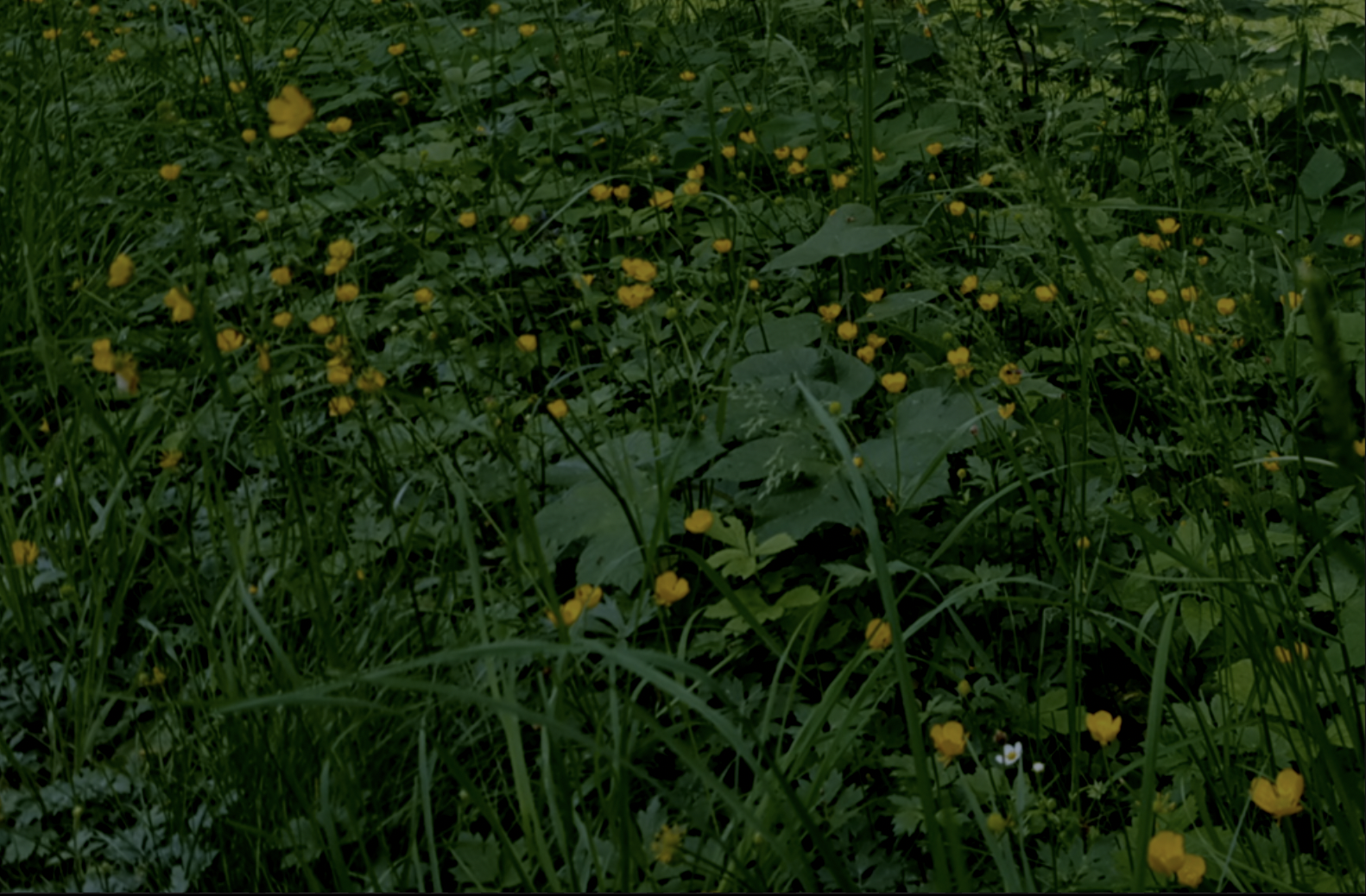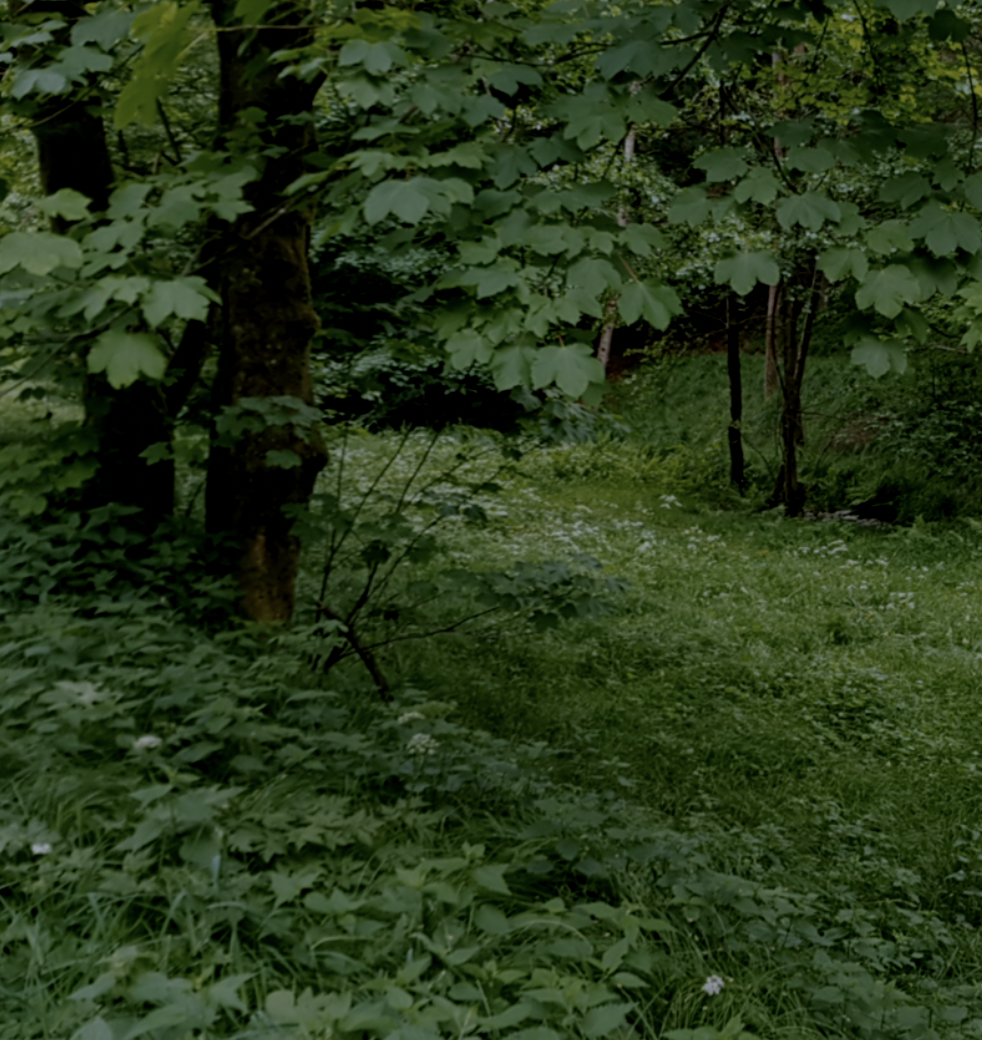Feel. Then Do.
our work in this new era
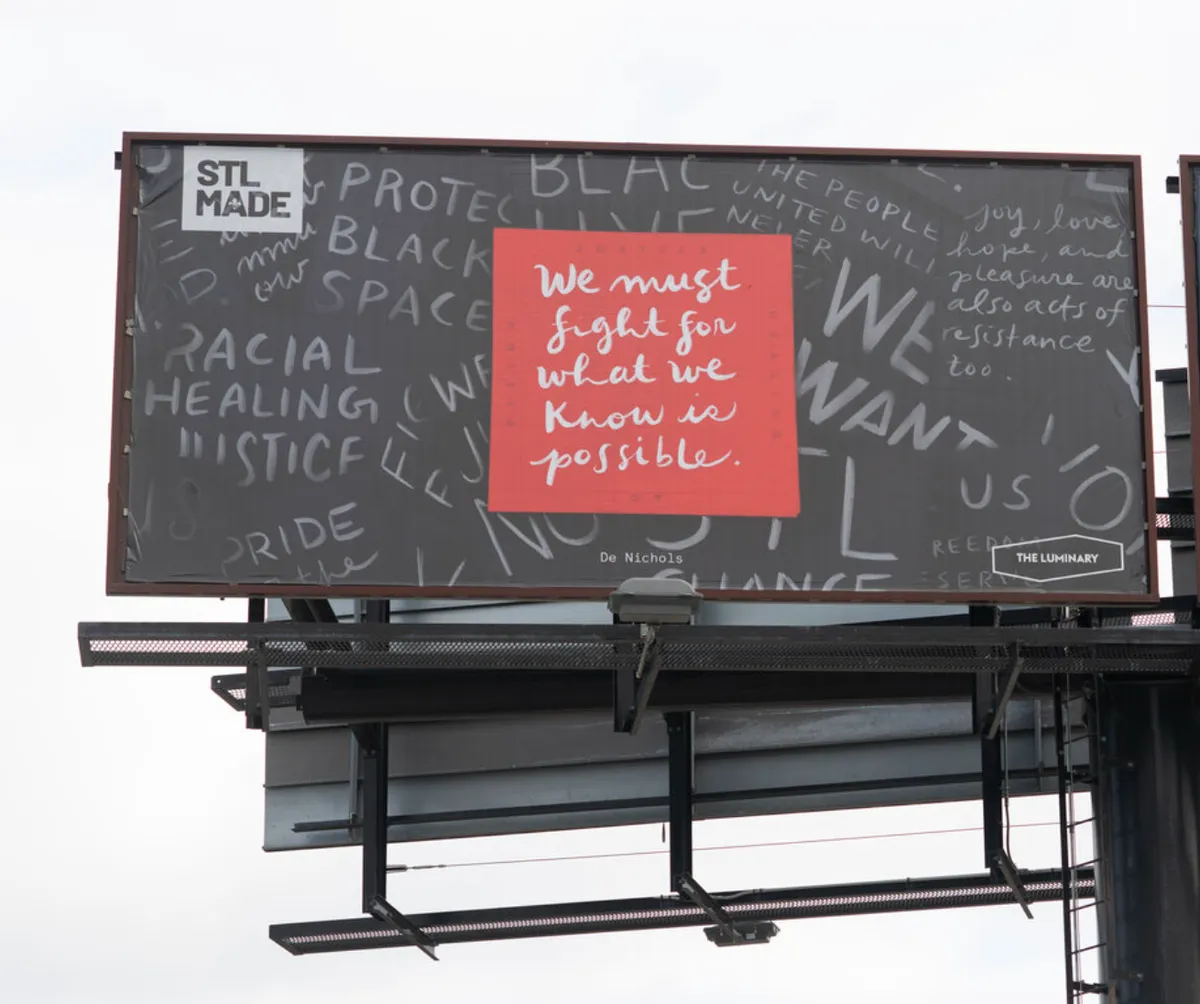
This is Life as a Sacred Text 🌱, an everybody-celebrating, justice-centered voyage into ancient stories that can illuminate our own lives. It‘s run on a nonprofit, so it’s 100% NAZI FREE. More about the project here, and to subscribe, go here:
So, I said that I was moving to every other week newsletters. So that starts next week (aka we'll skip next week.)
But I can't not say something today–
on the day that, painfully, (dis)honors the legacy of Rev. Dr. King by inaugurating a man who was elected precisely because of the color of his skin (and gender of his body), not the content of his character.
Like it or not, what's happening now is a big deal.
“It may well be that we will have to repent in this generation. Not merely for the vitriolic words and the violent actions of the bad people, but for the appalling silence and indifference of the good people who sit around and say, "Wait on time.”
There are these guys from Harvard School of Government, Marty Linsky and Ron Heifetz, who developed this theory of change called Adaptive Leadership.
They talk about how, at moments of great crisis, people want authority to show up and provide protection, direction and order.
And, they argue, real (adaptive, they call it) leadership is about helping people face the inevitable feelings of loss that come with change, to see and accept that now won't—simply can’t—be like how it was then.
(I've talked about this before, with the Golden Calf story.)
They talk about the difference between technical and adaptive challenges. Technical fixes are ones where the solution can be known; you maybe need to call in the right expert, but there’s clarity about what to do.
Adaptive challenges, on the other hand, are ones that put us onto entirely new terrain.
Nobody has ever solved this problem before, not in this way, with these factors. Or maybe it’s just new terrain for us, but there’s an existential change in there, something that alters our identity.
(I talked a lot about adaptive leadership during the height of the COVID pandemic; I think part of why we rushed to return back to "normal," to pretending things were as they'd always been. We didn't have leadership to help us do anything but rush towards direction and order, away from uncertainty, grief, fear.)
Since the solution is unknown, addressing adaptive challenges involves experimentation, iteration, failure, disorientation, and conflict, all of which must often be uncomfortably endured for a long time.
It’s not easy. It’s really really hard to stay in that place. It takes the right leader to help usher people through this process.
In one talk, for example, Linsky talks about his aging mother needing to stop driving for safety reasons. If he related to her as though this was a technical issue —“Oh, you can just take this bus line instead, I got you a bus pass!”— without acknowledging the very real emotional stuff at stake for her, the loss and identity change that it involved for her—chances are that she’d just wind up getting behind the wheel again at some point.

We are entering yet another stage that demands adaptive leadership. What is happening now, today, is not normal, is not fine, is not business as usual.
But all around us, all the media and political machines of power appear to have decided that we will be pretending that this inauguration involves a regular transfer of power to the role of the most powerful person in the world to a racist, corrupt, sexually assaulting coup stager who's already been making noise about not leaving the gig this time.
Normalizing, normalizing:

I'm choosing these short clips very carefully, needless to say. I'm really sorry that the version I did with captions got eaten by technical issues, but you can go to YouTube and turn on captions over there. Rev. Dr. King the Ebenezer Baptist Church in Atlanta, Georgia, in an NBC interview on May 8, 1967--less than a year before his assassination--about why white people never wanted "genuine equality." You can watch the whole interview here.
All this normalizing– because most people don't know what else to do?
Because this is unprecedented?
Or because the harms that are to come, that have been painstakingly outlined in Project 2025 won't hurt them personally?
They don't believe, anyway, as though the planet on fire doesn't hurt us all, as though 1 in 4 people aren't disabled in some way, as though it's not true that everyone loves someone who's had an abortion as though we're not all interconnected, as though solidarity isn't the only way home, always and forever?
Or because they haven't done the work that Linsky talks about– the dealing with the emotional impact of this change, and staying in denial about how big this is, and running back to the comforts of protection, direction and order just seems... easier?
"Fine, fine, the guy won, I guess– sure, let's run that headline, OK, I can't be late to pick up my kids"?
"I don't want to get angry calls from the important stakeholders at my job."
"I don't want to be the one seen making a fuss,"
"I'm just so tired after the last ten years of Trump and the pandemic and everything!" (Aren't we all!)
"I don't even know what else I would do."
Of course, not everybody has the luxury of these words. Not everybody by a long shot, and many folks have been radicalized either by personal necessity or by empathetic understanding. Others may be geographically more distant from the problem– but with a burning planet at stake, everyone is impacted, needless to say.
So then what? If trying to find a technical fix when we're on brand new terrain isn't the thing, what are we to do?
As Linsky and Heifetz remind us, a key part of this is:
fac[ing] the inevitable feelings of loss that come with change.
Yeah.
So face those feelings.
GRIEVE.
It's OK to grieve.
More than OK: It's important. It's good. It's necessary.
Feel the loss. Do not push it away.
Give yourself space to experience all the ways that NOW is going to be different, forever–
forever and ever—
from how it was then.
(Who even remembers what 2015 was like?? Do you??? I only have the fuzziest memories of it, honestly. Though that could be because I was in the thick of parenting small children. But just saying: Times have changed.)
Because when you give yourself the chance to grieve and rage and cry and feel, you open up the space to get through past denial into acceptance (sure, we can get Kübler-Rossian about it– denial, anger, bargaining, depression– not that those stages are absolute or linear or anything) –
in order to grasp, clearly, what is, now.
When we give ourselves space to feel the loss, we can get over to the place of understanding what is happening, without illusion, without pretending, and without telling ourselves that there's nothing that we can do.
Because that is another lie.
People have been up against harder, and faced it down.
We are not powerless.
We can do this.

Haiku and Tanka for Harriet Tubman
By Sonia Sanchez
Picture a woman
riding thunder on
the legs of slavery ...
Picture her kissing
our spines saying no to
the eyes of slavery ...
Picture her rotating
the earth into a shape
of lives becoming ...
Picture her leaning
into the eyes of our
birth clouds ...
Picture this woman
saying no to the constant
yes of slavery ...
Picture a woman
jumping rivers her
legs inhaling moons ...
Picture her ripe
with seasons of
legs ... running ...
Picture her tasting
the secret corners
of woods ...
Picture her saying:
You have within you the strength,
the patience, and the passion
to reach for the stars,
to change the world ...
Imagine her words:
Every great dream begins
with a dreamer ...
Imagine her saying:
I freed a thousand slaves,
could have freed
a thousand more if they
only knew they were slaves ...
Imagine her humming:
How many days we got
fore we taste freedom ...
Imagine a woman
asking: How many workers
for this freedom quilt ...
We each have within us the strength, the patience, and the passion to reach for the stars.
We are each workers for a freedom quilt.

The time is now.
Injustice has been baked into our systems from the beginning. It's never not been there.
Dr. King was never about pithy quotes about children playing together. He knew the issue was the systems. If you actually read his work, listen to his interviews, review his sermons--this is clear. Including, yes, the "I Have a Dream" speech; it's explicit there, too. (Nobody trying to maintain oppressive power actually reads the second, third, fourth paragraphs, do they?)
As I said in November, the data tells us that we need a diversity of tactics to build a movement for deep social change. And we need a full cross-section of our society. Grandparents. Teachers. Clergy. Everyone. We need people of all genders at the helm. We need to remember that it's not just about street protest– in fact, we need to really, really not be thinking in that direction right now. What else can gum up the works now? What else can empower people now? Create disorder? Excitement? What public art can you make? What website can you build? What sermons can you preach? Where's your role in this?
As scholar of authoritarianism and civil resistance, Maria J. Stephan, reminds us (emphasis mine):
As we contemplate the next four years, we should recall that autocrats are always weaker than they appear, and we are often stronger than we might think. While authoritarian leaders, even those elected through democratic means (or so-called “electoral autocrats”) seem to be in complete control, they rarely are. Their kryptonite is a reliance on the active and passive support of ordinary people throughout society, who provide them with the resources and other sources of power they depend on to get things done. Power can be given, and power can be taken away.
It might be tempting for some of y'all to wait around for protection, direction and order– for the proverbial personalized email to come in telling you exactly which protest to attend, for whatever other signs about which piece of the puzzle might be yours.
But I'm here to tell you that during this era, we are on new terrain: It is time for you to become the leader you are seeking. We must figure this out together.
We each must find our own roles in this work.
We each must take the reins, the responsibility for figuring out our own places on deck, now.
(And if you're at high, high risk in this administration, if you're directly targeted hard? Take care of your sweet self first, of course. Put on your own oxygen mask first before assisting others. But part of building networks of solidarity and care is precisely about developing webs in which more people have your back and sides, for whatever that's worth....)
But, fine: Want a little bit of direction and order? Instead of anxiously consuming all the garbage that's about to happen in the news (I mean, stay informed, but your cortisol levels don't need you to be on a play by play level with some of the drama, right? Be strategic about what you consume) take the time to catch up on your political education. Get smarter, meaner, leaner.

Or, better: Pick a book from the list and invite everyone from your PTA, or your Thursday night stitch and bitch, or your softball team, or your work buddies or (etc) to read and then get together at your house or your favorite local place to discuss it over beverages. And then decide together what your next step will be after that. Use the book to build community, to begin to organize your micro-spaces and then to reach out to figure out with whom you will be building. Which doesn't demand that you reinvent the wheel. (More on all this here.)
It isn't a book club, it's a starting point for action. Do a few books until the next step becomes clear, or the with-whom-you-are-connecting-for-next-steps becomes clear.
Bunch of more concrete suggestions in the posts at the bottom of this one.
Study is greater than action when it leads to action. (Babylonian Talmud, Kiddushin 40b)
Especially especially if you're white, don't be the person Dr. King is talking about, here. It's time.
Today will, indeed, be remembered in hindsight as the dividing line between Before and After.
But we also have a lot– a lot– of power and agency to help determine what happens from here.
This is a moment of adaptive change. This is the beginning of a season in which the story of this country could be profoundly rewritten.
Our actions now can have reverberations for decades, centuries. Even if we don't see it right away.
We are a culture of instant gratification, of wanting to see results now, fixes immediately. This, combined with our cultural difficulties with uncomfortable feelings, with hanging out in the uncertain– well, that's a dangerous cocktail.
The temptation to rush to denial or despair is so strong!
We must be brave, we must be so brave, and we must buckle down for a political practice that is longer and deeper than that with which most of us are accustomed.
This next poem, the one with which we will end, is by June Jordan, written in honor of 40,000 women and children who, in 1956, risked everything in bodily protest against apartheid laws restricting their freedom of movement.
Apartheid, you may note, did not shift magically overnight; the first initial agreement co-signed by Black and white political leaders happened in 1974; the first free, open elections happened in 1994. But this protest, honored, was a critical turning point in the movement– one that engendered many other critical turning points to come. That's how it works. Things happen, and then more things happen.
Poem for South African Women
June Jordan
Commemoration of the 40,000 women and children who, August 9, 1956, presented themselves in bodily protest against the “dompass” in the capital of apartheid. Presented at The United Nations, August 9, 1978.
Our own shadows disappear as the feet of thousands
by the tens of thousands pound the fallow land
into new dust that
rising like a marvelous pollen will be
fertile
even as the first woman whispering
imagination to the trees around her made
for righteous fruit
from such deliberate defense of life
as no other still
will claim inferior to any other safety
in the world
The whispers too they
intimate to the inmost ear of every spirit
now aroused they
carousing in ferocious affirmation
of all peaceable and loving amplitude
sound a certainly unbounded heat
from a baptismal smoke where yes
there will be fire
And the babies cease alarm as mothers
raising arms
and heart high as the stars so far unseen
nevertheless hurl into the universe
a moving force
irreversible as light years
traveling to the open
eye
And who will join this standing up
and the ones who stood without sweet company
will sing and sing
back into the mountains and
if necessary
even under the sea
we are the ones we have been waiting for
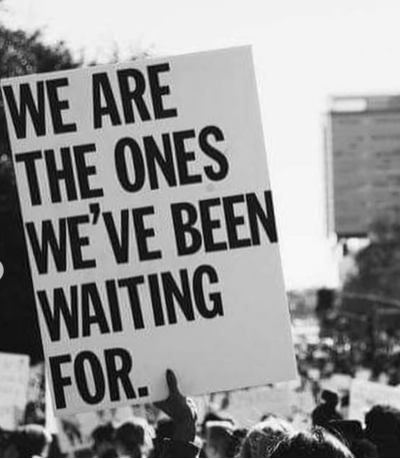
You are the one we've been waiting for.
Some further reading below.
Please share in the comments what one step you might take to be useful towards a world in need of healing in this next chapter of things might be.
SOME FURTHER READING

Please, if you read one piece, read this one, OK?
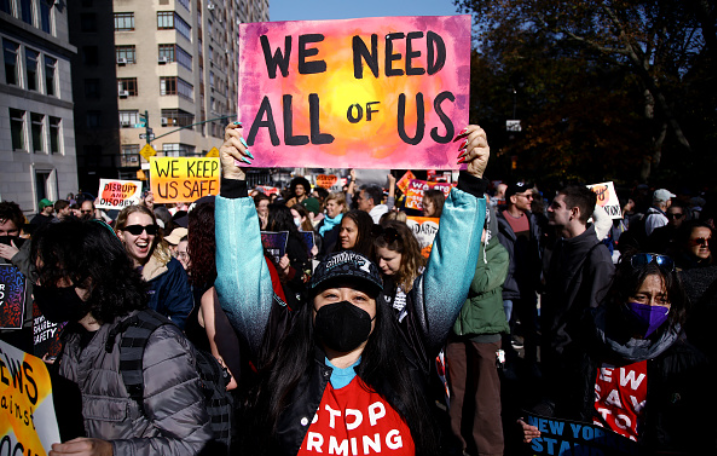
This is really really important. Please read.
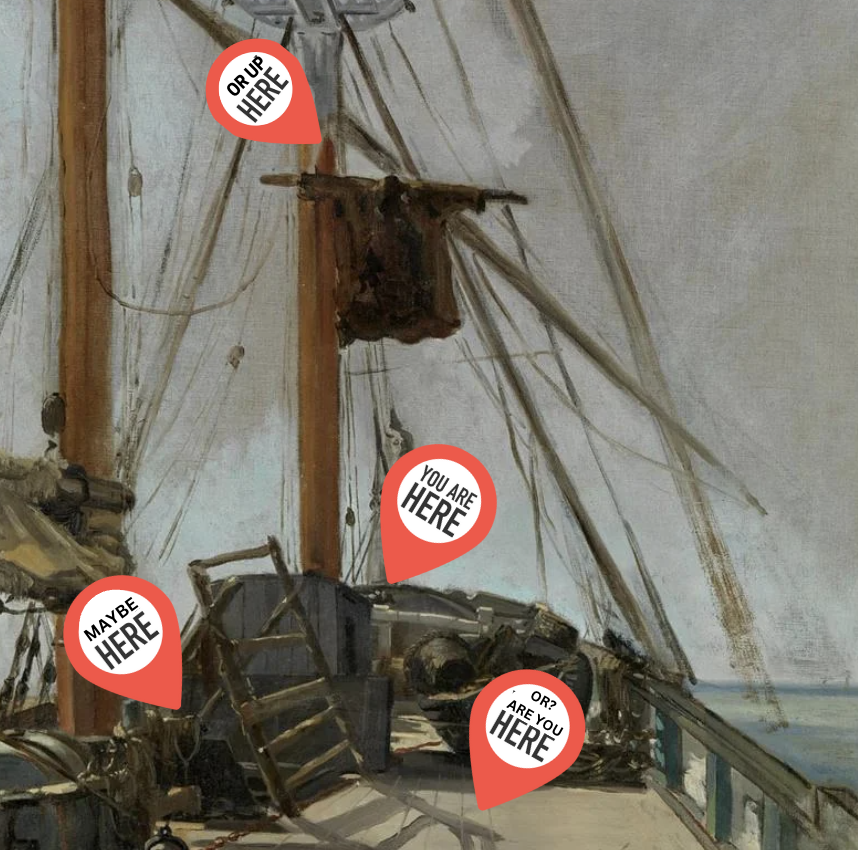
For power analysis and figuring out your role in the work
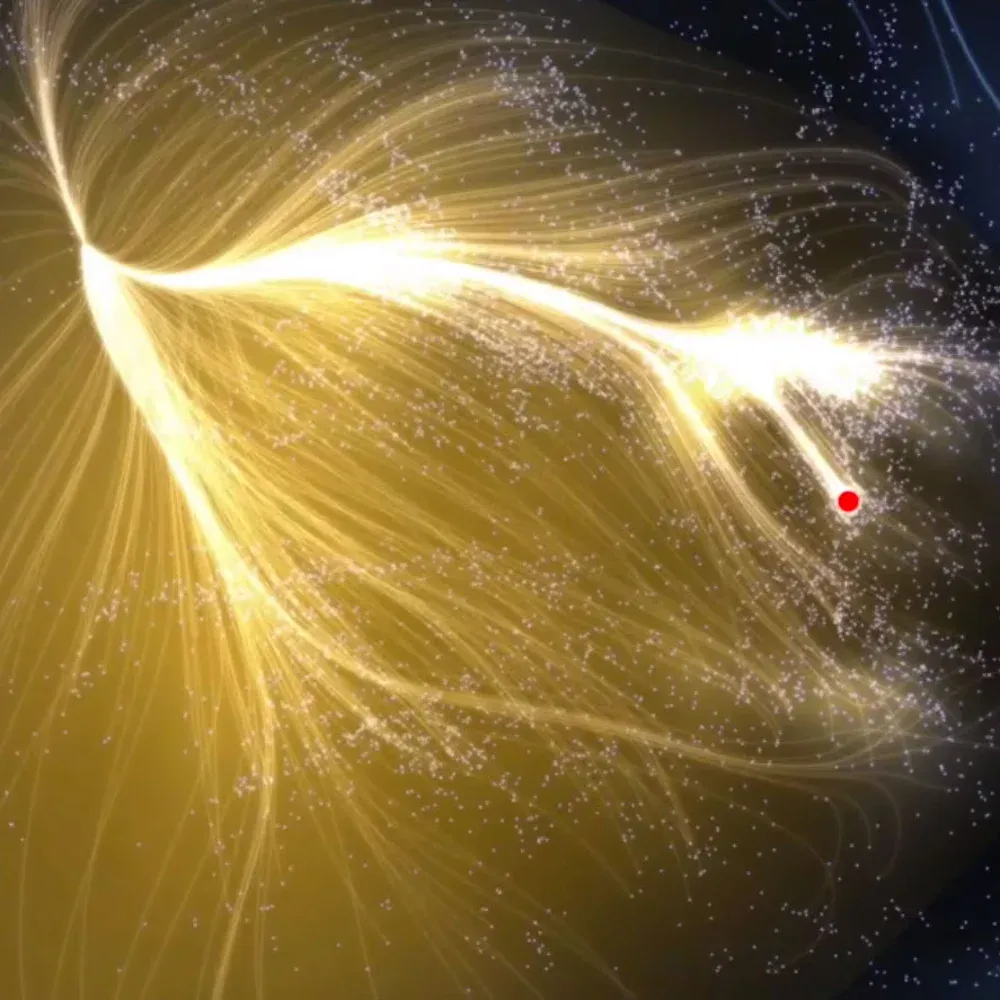
The post-election email with some notes on the emotional self- and others-care we're gonna need for the long haul, here.

On Project 2025 and an unnervingly prescient dystopian novel written in the 1930s
And PS– no real place to put this but: A ceasefire! A comprehensive return deal!
(!!ברוך מתיר אסורים, שהחיינו)
May it be the beginning of a real and lasting peace, of rebuilding, of accountability, of hope, of justice, of a new future for everyone in the region.
🌱
Like this? Get more of it in your inbox every week.
For free every Monday—sign up at the ‘Subscribe now’ button just below.
And if you become a paid subscriber, that's how you can get tools for deeper transformation, a community for doing the work, and support the labor that makes these Monday essays happen.
A note on the subscription model:
I want my work to be as accessible to as many people as possible, in as many ways as possible. That's why the Monday essays are free, and why we donate subscriptions to anyone for whom paying is a barrier to the House of Study posts.
I also believe people should be paid fairly for their work. Needless to say, these two values sometimes seem to be in conflict, but I do what I can to find a fair balance. I offer many resources for free, and charge for others. When you donate generously or pay at the top of our scale, that helps support the work I do, provides access for those who have fewer resources, pays for the infrastructure and the technical and practical support that it takes to do this, and helps us keep the work sustainable.
And as always, if you want in to the Thursday space but paying isn't for you now, just email support@lifeisasacredtext.com and we'll hook you up.
And if you’d like to underwrite one of these donated subscriptions, you can do so by signing up at one of the higher subscription points.
And if it resonated with you, please share this post.
Sending a big pile of blessings and goodness your way. 💕


